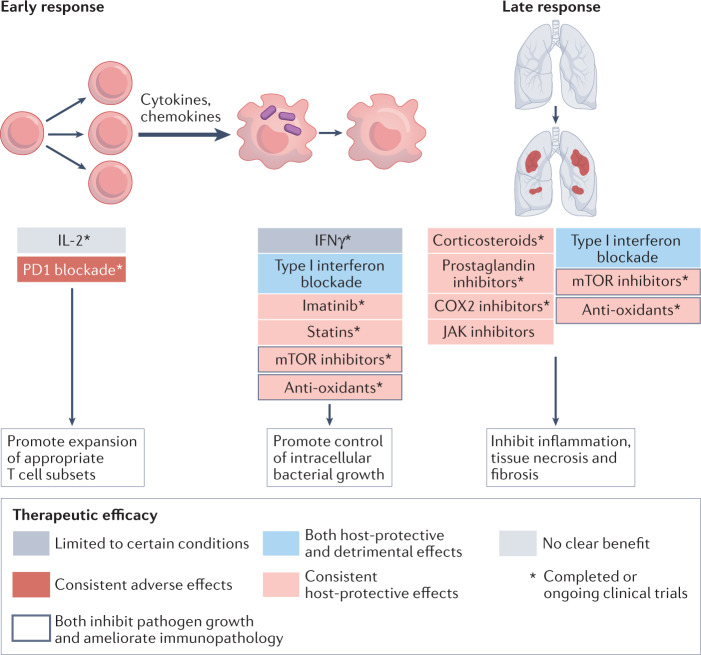Fig. 4. Major candidates for host-directed immunotherapies and their targets in tuberculosis.
Host-directed immunotherapies for Mycobacterium tuberculosis infection can act early in the response to augment immunity or later in the response to reduce immunopathology. Although the control of M. tuberculosis infection clearly depends on both interferon-γ (IFNγ) production and T cell responses, immunotherapies targeting these elements — through IFNγ administration or PD1 blockade — have shown only limited promise in certain conditions or have proven detrimental, respectively. Administration of IL-2 to enhance T cell responses showed no clear benefit in clinical trials. Type I interferon blockade, despite having potent preclinical effects in ameliorating immunopathology, has unexplained effects on increasing the mycobacterial load in certain models. Also of note is that some interventions (such as mechanistic target of rapamycin (mTOR) inhibitors and anti-oxidants) have host-protective effects by both inhibiting pathogen growth and ameliorating immunopathology despite their original intended target being to augment immunity. Nearly all clinical trials of candidates for host-directed immunotherapy of tuberculosis are carried out adjunctively with antibiotics. COX2, cyclooxygenase 2; JAK, Janus kinase.

